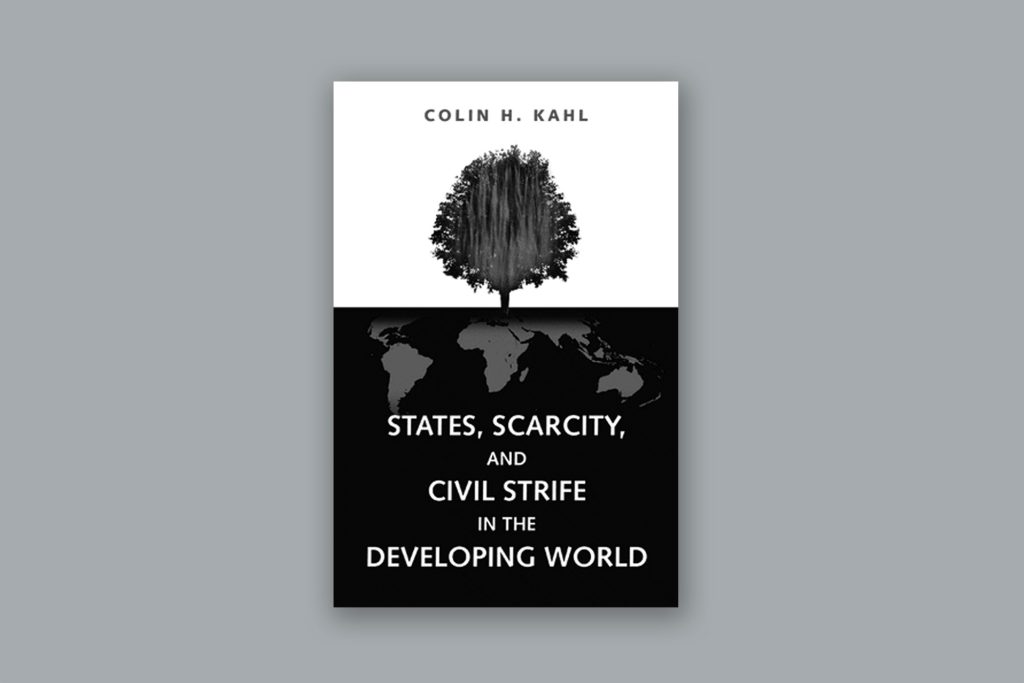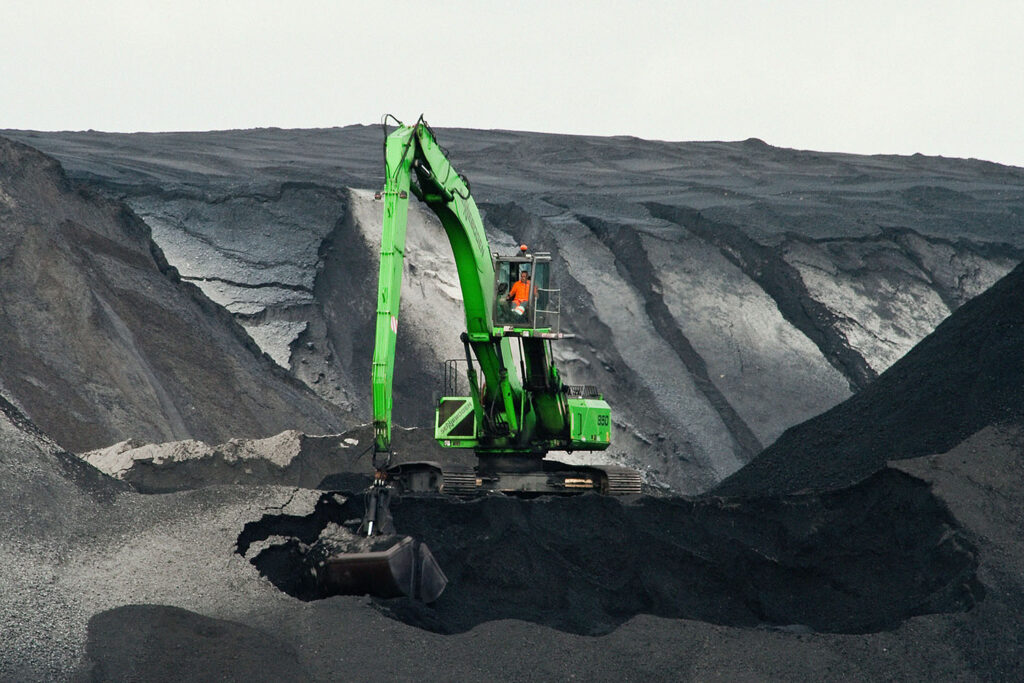Thomas Homer-Dixon and S. Julio Friedmann
with S. Julio Friedmann | The prognosis for the future of climate change is indeed alarming. Scientists say plausible scenarios include terrible droughts, crop failures, and dying forests around the Mediterranean and in the United States, South America, India, China, and Africa. Sea levels are expected to rise significantly, drowning islands and possibly displacing hundreds of millions of people from coastlines, where more than a third of the world’s population lives. Ground water supplies are set to shrink, reservoirs to dry up. Wildfires and violent storms will strike more often and much harder. And much of this change is expected within the next 50 years.









